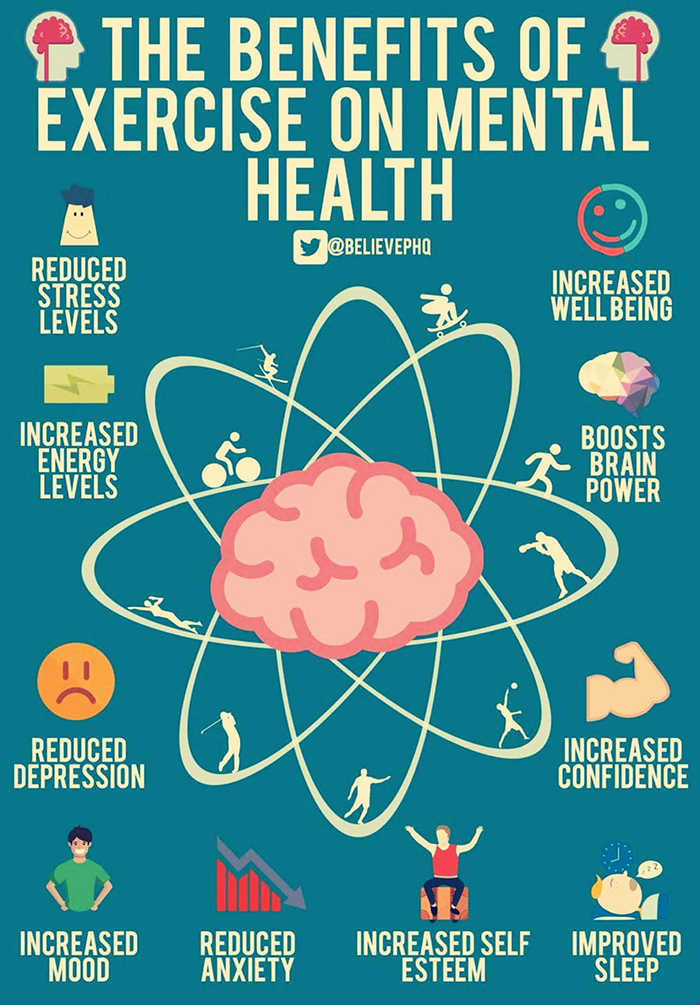Improvements to public spaces could mitigate the mental health effects of COVID-19 lockdowns
17 June, 2020
In this blog we argue that making more space on our roads so that people can easily walk, run or cycle, is not just about travel but also for good mental health and well-being.
At the moment the government says we have to stay two metres from other people when outside of the house. This is to prevent transmission of the COVID-19 virus. People are only allowed to go out for the following reasons; to travel to work (if they cannot
work from home), for essential shopping, for medical need and for exercise once a day.
Such restrictions can have harmful effects and would have been unthinkable even a few months ago. Leading mental health professionals are worried about the potential for an epidemic of stress-related health and social problems. In a paper published in the Lancet on 15th April 2020, scientists have outlined a national program of urgent research. In it they highlight that the anticipated consequences of the epidemic and lockdown are all known risk factors for mental health issues. Bereavement, unemployment, financial stress, social disconnection, entrapment, gambling, alcohol and substance misuse and domestic and child abuse.
They undertook a survey where individuals were asked about the two things that concern them most in lockdown. People’s worries included not being able to go out, others not following distancing rules, relationship breakdown, and other negative effects on their families. Notably stress was ranked higher than actually contracting COVID itself.
The fact the government’s rules include daily exercise outside shows how important they believe it is for people. The physical health benefits are well known but it is also very helpful for mental heath. There is good evidence that exercise and time in green space can be good for a wide range of mental health problems. In a review published in January 2020 exercise was found to improve symptoms of anxiety and depression, and to even help in the management of more severe mental disorders such as PTSD and schizophrenia.
All exercise is good for you but interestingly, exercise outside is more beneficial for mental health than inside. Research done at the University of Rochester New York found that students randomly assigned to walking outside felt more positive and calm than those walking inside.
Spending time in green parks and gardens is also good for mental well-being. This is a quote from the World Health Organisation.
“Green spaces are important to mental health. Having access to green spaces can reduce health inequalities, improve wellbeing, and aid in treatment of mental illness. Some analysis suggests that physical activity in a natural environment can help remedy mild depression and reduce physiological stress indicators.”
Put this together and what have you got?
The current restrictions are putting people are under stress, and at increased risk of mental health problems. And an important remedy is exercise outdoors and time spent in nature.
So how easy and relaxing is it to go outside at the moment? Not very, is the answer.
Pavements in most places are too narrow for social distancing and people are resorting to walking in the road. Some report avoiding certain areas and routes all together. This results in lots of people not getting the benefit of going out because it is so stressful.
A key worker’s story
“I have to walk the route to work twice every day. My work can be exhausting and frightening. I have to deal face to face with people some of whom don't follow social distancing rules. I'm frightened of bringing the infection back home and giving it to my family. We hear of so many people dying. At the end of the day and in the morning there are people on the street who don't seem to understand. They don't move over when I approach. I feel alarmed and panicky when people don't keep away. The government says two metres but the pavements aren't wide enough. I often have to walk in the road.”
Many people do not have access to a garden at home, particularly terraces and flats and have to rely on streets and public parks. But play areas and sports facilities are closed and parks and other green spaces are becoming crowded.
A Gosforth family’s experience
“My youngest is anxious about coming out for walks as she's worried about not being able to keep a distance from people. We regularly end up walking in the road as pavements aren't wide enough. I find that stressful too as I'm trying to keep my kids safe from people and cars. I'll be honest, days and days go by where we just don't leave the house at all.”
What can be done?
Evidence shows that mental problems caused by enforced movement restriction can be long lasting and so prevention is vital.
Green spaces and parks should remain open and social distancing rules need to be monitored. Advice should be given to those breaking the rules.
However there is one main change which is cheap, quick and would make the most difference. Just now many roads have much less traffic and it would be possible to re-allocate space without causing traffic congestion. Widened pavements would allow for proper social distancing and for the most vulnerable to get the full benefit of their time exercising outside.
It may not be an alternative to professional help when people need it but we should do everything we can and these measures could help prevent the stress-related health and social problems that may be just over the horizon.
So we think that as well as reducing COVID infection, promoting active travel and reducing speeding, the reallocation of road space would be a good public mental health measure.
Let’s see what we can do in Newcastle.

Image from @BelievePHQ used with permission.

